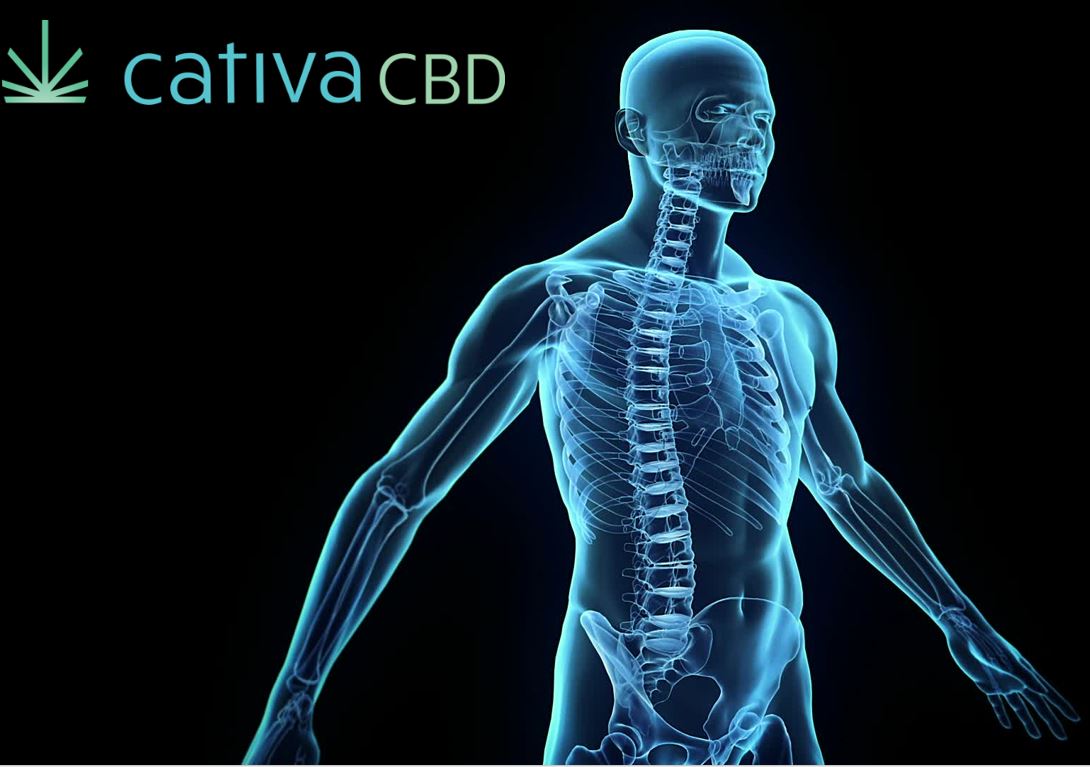How CBD Works in Your Body
 CBD, is a chemical compound found in hemp. It is non-intoxicating and there are many current studies to support its health and wellness benefits for many types of conditions. CBD works with your endocannabinoid system (ECS); a widespread system in your body that has received research attention over the past 25 years. It consists of cannabinoids your body synthesizes, receptors and enzymes. These receptors are located in many parts of your body including your skin.
CBD, is a chemical compound found in hemp. It is non-intoxicating and there are many current studies to support its health and wellness benefits for many types of conditions. CBD works with your endocannabinoid system (ECS); a widespread system in your body that has received research attention over the past 25 years. It consists of cannabinoids your body synthesizes, receptors and enzymes. These receptors are located in many parts of your body including your skin.
CBD is extracted from buds and flowers that grow on marijuana and hemp plants. It is important to note that CBD does not leave one feeling high which can happen when using marijuana that contains THC. When CBD interacts with your endocannabinoid system it inhibits enzymes that lead to a breakdown of endocannabinoids. When this happens, your system can become more balanced and in better harmony to regulate pain and inflammation.
Cannabis-like substances and receptors (CB1 and CB2) in the nervous system and enzymes exist in all of us. The ECS system regulates many important functions such as appetite, digestion, inflammation, mood, and sleep. CBD interacts with these receptors in your body.
CBD skin products are popular because they can react well with endocannabinoid receptors in the skin. Research indicates that your skin, the body’s largest organ, has a very high concentration of these receptors CBD has the potential to calm and reduce redness in irritated skin that can result in reducing the visible signs of aging, and may even help to heal acne. This is why so many beauty and wellness brands are adding CBD oil and isolate into their products.
Not only does using topical CBD bypass the slower and less predictable dosage that happens when you ingest it, it also works with specific CB1 and CB2 receptors (our endocannabinoid receptors) located right in the skin for maximum absorption to start healing right away.
All cannabinoids, including CBD, produce effects in the body by attaching to certain receptors.
While the body produces certain cannabinoids on its own the CB1 receptors and CB2 receptors.
are present throughout the body with many in the skin and in the brain. CB1 receptors in the brain relate to coordination and movement, pain, emotions, and mood, thinking, appetite, and memories, and other functions. CB2 receptors are more common in the immune system. They associate with inflammation and pain. Researchers once believed that CBD attached to these CB2 receptors, but it now appears that CBD does not attach directly to either receptor. Consequently, it may direct the body to use more of its own cannabinoids.
Cativa (CBD) wellness brand and CBD line that is scientifically proven and environmentally sustainable. The brand has used the latest technology and research to determine the exact amount of CBD that will provide the best results for your mind, body, and soul.
- https://www.projectcbd.org/how-to/cbd-user-guide
- https://www.history.com/news/marijuana-criminalization-reefer-madness-history-flashback
- https://www.pbs.org/newshour/science/is-cbd-legal-heres-what-you-need-to-know-according-to-science
- https://www.huffpost.com/entry/body-on-cbd_l_5d8cd9d5e4b0e9e76049143c
- https://www.medicalnewstoday.com/articles/317221.php#what_is_cbd_oil
- https://www.businessinsider.com/cbd-effects-physical-mental-benefits-limits-2019-5#today-cbd-comes-from-plants-but-it-can-also-be-made-in-a-lab-an-advancement-that-could-cut-costs-and-save-time-6
Back to List
